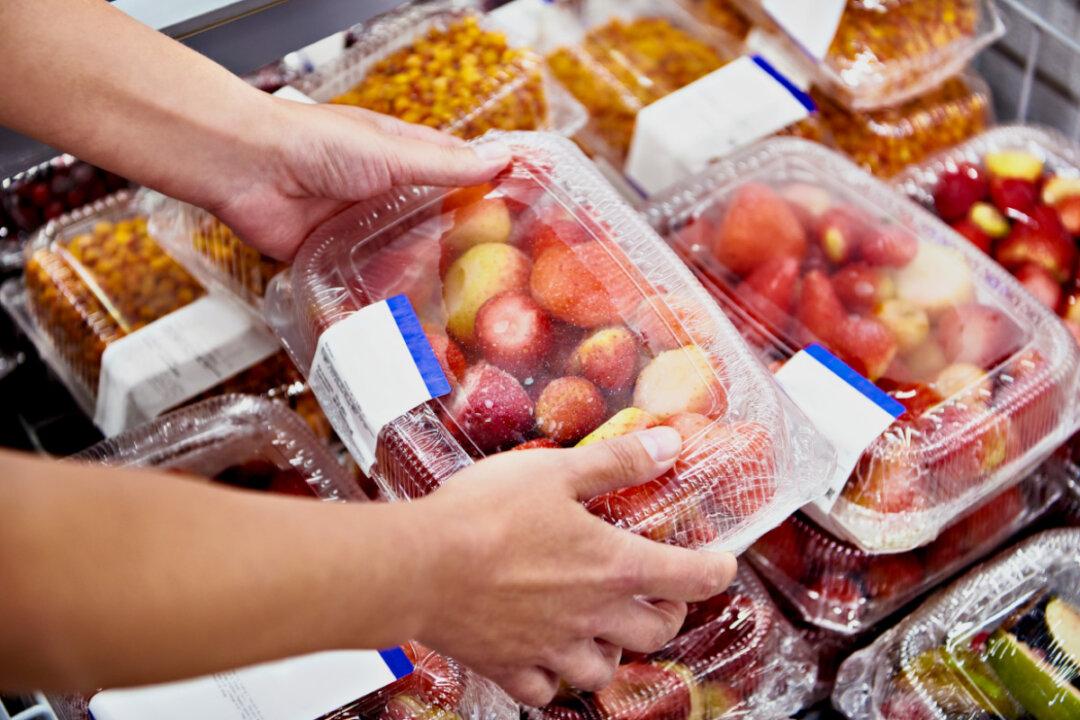For every 10 percent increase in ultra-processed foods (UPFs) as a proportion of your diet, your risk of premature death rises by about 3 percent, according to a comprehensive new study that has health officials across eight nations—including the United States, Canada, and the UK—calling for immediate policy interventions.
What Makes UPFs Harmful?
According to Nilson, UPFs affect health beyond their high levels of sodium, trans fats, and sugar, which are linked to poor health outcomes when eaten excessively. Industrial processing also transforms these foods through the addition of colorants, artificial ingredients, emulsifiers, and other additives.UPFs are heavily manipulated from their original state, often containing ingredients not commonly found in home kitchens. Examples include soft drinks, chips, chocolate, packaged meals, and ready-to-eat breakfast cereals.
Researchers analyzed data from nationally representative dietary surveys and mortality records in Australia, Brazil, Canada, Chile, Colombia, Mexico, the UK, and the United States, finding that as the percentage of UPFs in a person’s diet increases, so does the risk of premature death.
Food processing can harm health through various biological and physiological mechanisms, including the creation of harmful chemicals, changes in macronutrient structure, and the use of additives. These changes can lead to increased intake of sugar, salt, and fats, reduced satiety, and altered digestion and absorption of nutrients.
The study found significant variations in UPF-related mortality between countries.
Colombia had the lowest UPF consumption, with UPFs making up 15 percent of a person’s total energy intake. The researchers estimate that processed foods accounted for about 4 percent of premature deaths in that country. In the United States, which had the highest consumption—with more than 50 percent of a person’s daily calories coming from UPFs—nearly 14 percent of premature deaths are linked to these foods.
For context, the researchers noted that in 2018 alone, approximately 124,000 premature deaths in the United States were attributed to UPF intake.
Finding Balance in Food Choices
Laura Pensiero, a registered dietitian and chef who owns Gigi Hudson Valley in New York, told The Epoch Times that while UPFs can have a significant negative impact on health if eaten in excess, she doesn’t believe in completely demonizing or banning them.“It’s about finding a balance—embracing whole and minimally processed foods for daily nutrition while allowing room for occasional indulgence,” she said. “The focus should be on nourishing your body with whole, nutrient-dense foods, and enjoying the occasional processed treat without guilt.”
The 2021 study also noted that high consumption of UPFs is associated with various health issues, including heart disease, obesity, diabetes, certain cancers, and depression—further adding to the growing body of evidence that UPFs are harming public health.
Practical Steps to Reduce UPF Consumption
The main takeaway of the study is that UPFs are an important risk factor for noncommunicable diseases and that “they are replacing the traditional, healthy diets of all countries and this is causing a significant burden to their health,” Nilson said.Reducing UPF consumption requires more than consumer education, he said. “Food choices are influenced by price, availability, information, and other factors, and education by itself is insufficient to ensure healthy diets,” he said. “Therefore, we need to make healthy dietary behaviors easier and more accessible and affordable.”
Before you make your purchases at the grocery store, “scour the facts,” and if you see chemical names or unfamiliar ingredients, “it’s best to stay clear,” Michelle Bacarella, a registered dietitian, food scientist, and functional food and supplement formulator, told The Epoch Times.
Pensiero recommends that we begin reducing our UPF intake with small, manageable changes. “Focus on cooking more at home with whole ingredients like fruits, vegetables, and whole grains, and minimize packaged foods with long ingredient lists or items not generally used in a home kitchen,” she said.
Gradually replace processed snacks with healthier alternatives, such as fresh fruit or homemade granola, and read labels carefully to avoid additives and excessive sugar, she said.
“By shifting towards whole or minimally processed options, you can improve your diet without feeling restricted.”






